Recently, I was on a farm to look at a number of sheep with wool loss. It was on my mind that there are several causes of wool loss in sheep, but on examination it was readily apparent that the issue was blowfly strike.
The farmer was new to sheep this year and had not come across the issue before. Blowfly strike is where the flies lay their eggs on the skin of an animal and these then hatch out to become maggots.
It is an unfortunate but common problem that sheep farmers have become well used to dealing with and preventing. Early in the season, it is a particularly acute problem when the weather gets warm and humid and the sheep are still to be shorn.
If caught early, fly strike is easily treated with physical cleaning and insecticidal washes. However, if the problem escapes detection, the damage caused by the maggots can be very severe. Antibiotic treatment may be necessary and the most severe cases can result in death.
Sheep dipping has become less popular over the years but there are several pour-on products available to help prevent problems with flies.
Meat withdrawal on these products is an important issue and the correct product needs to be selected for the particular animals in question, especially lambs destined for slaughter.
Lambs are particularly vulnerable as the season progresses as they are usually not shorn until later and are also more prone to parasites as a result of dirty fleeces.
Keeping sheep well dosed helps to reduce a build-up of dung on fleeces and shorn sheep are at a far lower risk.
Sheep are not the only potential hosts for maggots. Occasionally, I have seen them on other species, including dogs, cattle and horses.
Dairy and suckler farmers will be well aware of the scourge of summer mastitis that results from bacteria being spread by flies.
Owners need to be particularly vigilant in hot, wet weather. If animals have any wounds, cuts or sores, these need to be treated. At-risk animals should get an application of a fly repellent.
Locations of particular risk include sheltered areas near water courses, streams and rivers. And as anyone who has worked on the bog will remember; flies can be a real nuisance in these areas.
*Donal Lynch owns and runs Donal Lynch Veterinary, Tullamore, Co Offaly. Donal Lynch Veterinary is part of XLVets. XLVets is a group of progressive practices who are working together to achieve a better future for agriculture and veterinary in Ireland. Visit www.xlvets.ie



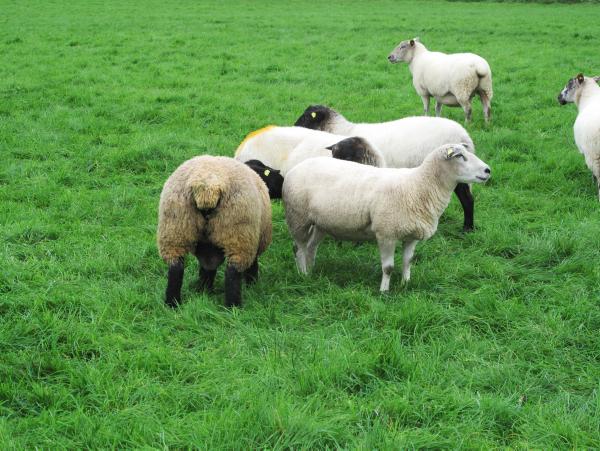
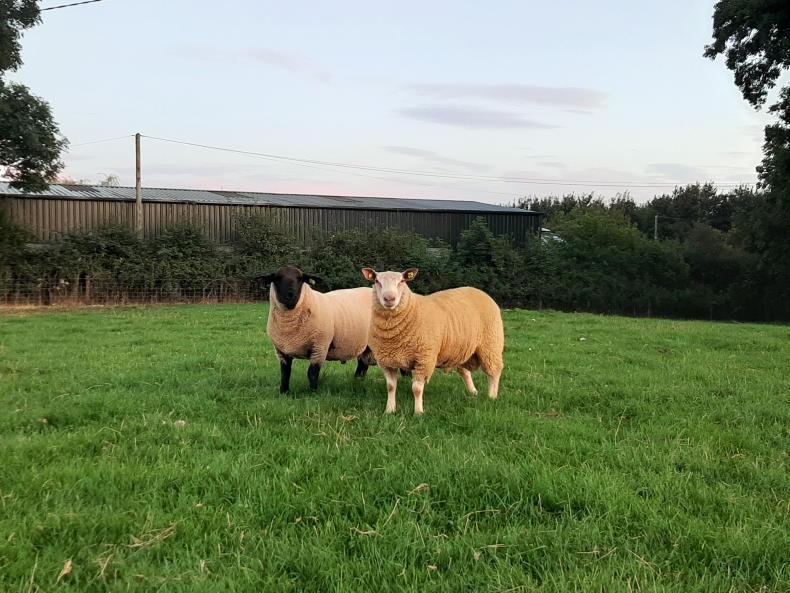

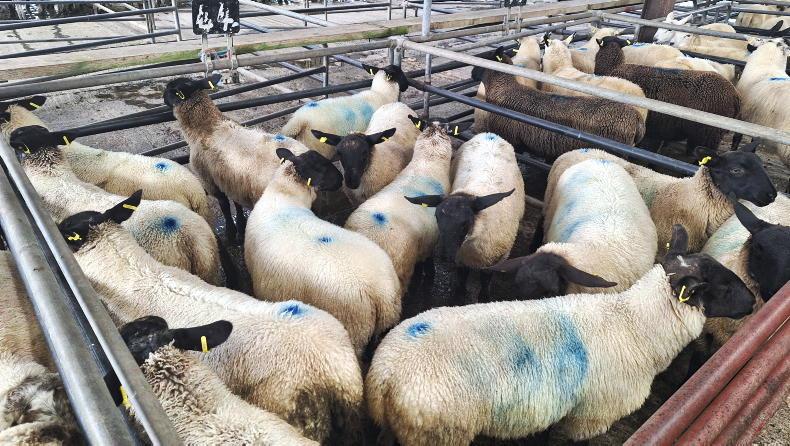
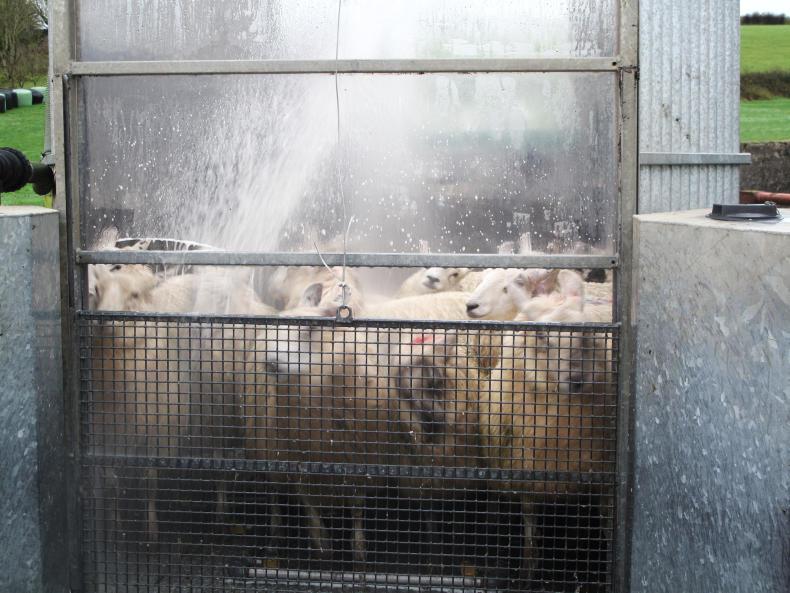
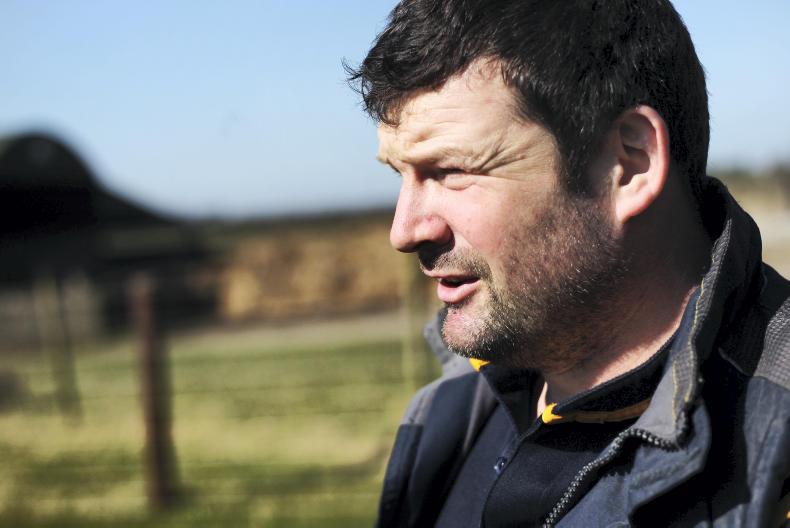
SHARING OPTIONS